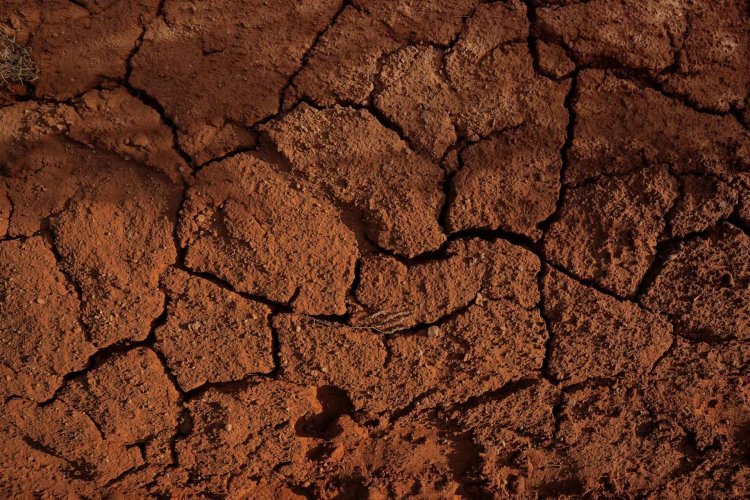Throwback Thursday: Preventing and Treating Dry Skin
For this week's edition of Throwback Thursday we take a less frivolous route, opting instead for an informational post that is as useful today as it was back in December 2015: How to treat dry skin and protect ourselves from the harsh Siberian winds that come visit Beijing right around this time of year.
Let’s face it – Beijing’s winter climate is hardly an oasis for parched skin. We asked Dr. Faith Deng from CMS Clinic for ways to prevent and treat winter itch.
What are the symptoms of dry skin?
The skin will feel tight, especially after cleansing. You may also find flaking and red patches, and a greater sensitivity to environmental changes.
What causes dry skin?
There are many factors, from genetics to cold weather. But basically, dry skin occurs when the outer layer of skin becomes dehydrated, leaving your skin cracked, scaly and sometimes itchy. This risk increases as we get older, and is made worse by washing since hot water and soap remove the natural oils on our skin surface.
How much does the environment impact the skin?
A great deal. People residing in climates with cold dry air and strong winds are most at risk.
What are some at-home preventative measures we can take against dry skin?
- Shower less, and always use warm (not hot) water.
- When bathing, lather up with a mild bar soap. Liquid soaps are more drying. Avoid glycerin soaps and those that contain deodorants.
- Always apply a good moisturizing lotion after showering. Those that contain urea, shea butter and/or jojoba oil are most effective for mild to moderate cases of dry skin, whereas lighter petroleum-containing lotions (i.e. Vaseline) should be applied for slightly more severe skin conditions.
- Buy a humidifier to use in your home during the winter.
- Apply a moisturizer-sunscreen with an SPF of 15 or greater to all areas of the body exposed to the sun.
- Drink plenty of water to keep the skin moist from the inside.
At what point should we contact a medical professional?
If you’ve done all of the above and are still experiencing dry skin, contact a dermatologist. They can prescribe a topical steroid and various emollient creams and lotions. They can also determine whether your symptoms are part of a more complex problem (i.e. ichthyosis, also known as “fish-scale skin”) that requires special medical care.
Photo: viviscal.com







